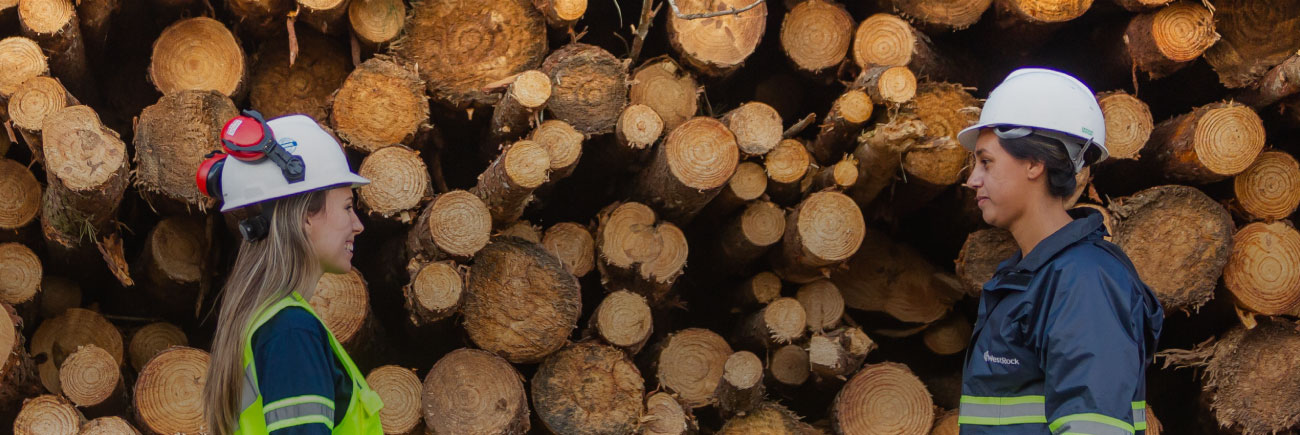The collaborative journey toward a more circular economy

Alpa Sutaria, senior vice president of strategy and sustainabilty
In today’s world, there can be no doubt that sustainability issues, such as climate change, plastic pollution, and low plastic recycling rates, are becoming increasingly important. At the same time, more people are working from home, ordering takeout food and having products shipped to them at home. At WestRock, all of this means a continued, and even heightened, focus on packaging sustainably and innovating boldly. When discussing trends and innovations in sustainable packaging and contemplating best practices for facilitating the transition to a circular economy, there are three key takeaways:
As we’re consuming more – and potentially generating more waste – the need for a more sustainable world is now.
As we’ve seen at WestRock, our customers and partners continue to come forward with important sustainability opportunities. The pandemic made consumers start to pay attention to sustainability in a different way, and this new focus and awareness enables WestRock to engage even more in the sustainability conversation, while allowing us to bring more sustainable products to the marketplace. Many wondered early on in the pandemic if we would see a reduction in overall interest in sustainability during COVID; we’ve actually seen an acceleration, which is exciting.
To measure the impact of the pandemic, WestRock conducted a consumer survey to gain insights and understand how packaging preferences were affected post-COVID. Responses confirmed that sustainable packaging is more important today than it was before the pandemic and has a greater impact on product satisfaction. And while customers continue to bring sustainability challenges to us that they think are insurmountable, we believe that nothing is impossible if you dare to imagine a more sustainable solution.
Collaboration – particularly cross-sector collaboration – is pivotal in advancing toward a more circular economy.
One of the main benefits of having companies collaborate on packaging sustainability is that they can work together on the design. For instance, WestRock conducted a multi-phase study of the recyclability of corrugated pizza boxes in the U.S. We first looked at whether typical amounts of grease and residual cheese affect the ability of a corrugated pizza box to be recycled. The study confirmed what we suspected, which is that it does not, nor does it impact our ability to create new packaging from that recycled material. The second phase of the study confirmed the availability of recycling programs in the U.S. for used pizza boxes. Where such products were not accepted, the grease and cheese study findings are helping to persuade some recyclers to change their acceptance criteria.
This important finding provides valuable information from recycling collection points who previously may not have accepted pizza boxes for recycling. We can’t reprocess material if we don’t collect it, so this type of collaboration drives sustainability on multiple levels. This work is instrumental in reducing waste, with the potential to recover and reuse approximately 2.6% of the OCC stream annually.
There’s no “one size fits all” when it comes to sustainable packaging. We must provide a variety of solutions so that companies and customers can have multiple opportunities to make more sustainable choices.
When it comes to striving for greater sustainability, small wins help pave the way. A company should start from a place of, “How can we improve this?” The answer might mean taking material out, using more recyclable material or transitioning to a bio-based material. It’s rarely a single step, but rather a combination of changes that all work toward the goal of making the packaging more sustainable.
This innovation is often incremental, so it’s essential that we encourage change, applaud progress and acknowledge that sustainability is a collaborative journey. It is critical to the circular economy that we continue to prioritize innovating new solutions and increasing awareness around improving recyclability. By working together, we have the power to motivate a broader movement towards a circular economy and a sustainable future.
If you have any insights to share, we’d love to hear them at sustainability@westrock.com.
